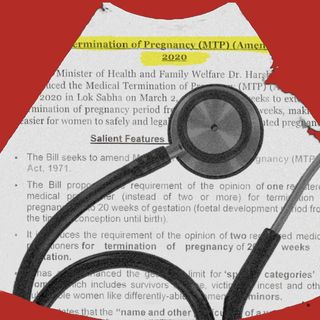Mental health is an important component of heart health, concludes a new review of existing research by the American Heart Association and other leading health organizations. The finding suggests a future uptick in cardiovascular problems is likely, given the increased mental health burden of the pandemic.
Published in the journal Circulation, the research analyzed 128 studies and found “clear associations between psychological health and cardiovascular disease and risk,” in addition to increasing evidence that “psychological health may be causally linked to biological processes and behaviors that contribute to and cause cardiovascular diseases.”
The study found that poor mental health and related traits and emotions — including chronic and traumatic stress, anxiety, depression, pessimism, anger, and hostility — overlap with an increase in heart rate irregularities, blood pressure, inflammatory markers, and reduced blood flow to the heart. In addition, the researchers found that individuals with the above mental health struggles were also likelier to suffer from cardiovascular disease, type 2 diabetes, high blood pressure, high cholesterol levels, and weight-related issues.
However, the researchers also noted that these individuals — perhaps, owing to their poorer mental health — were also more likely to engage in unhealthy behaviors like being inactive, smoking, eating unhealthily, and not taking prescribed medications. This offers another explanation for the link between poorer mental and heart health.
“Wellness is more than simply the absence of disease. It is an active process directed toward a healthier, happier, and more fulfilling life, and we must strive to reduce negative aspects of psychological health and promote an overall positive and healthy state of being,” Dr. Glenn Levine, a professor of medicine at the Baylor College of Medicine in the U.S. who led the study, said in a statement.
Related on The Swaddle:
Heart Disease in One Partner May Predict Heart Disease in the Other: Study
As the Covid19 pandemic continues to add to the world’s mental health burden, experts note the findings of the research review could help mold more effective treatment and prevention strategies — leading health care professionals to focus on their patients’ mental health, even while treating them for physical conditions.
“Cardiologists should not just be listening to [a patient’s] heart, but they should be looking at them and listening to their words and their feelings to see if they need intervention from a mental health or mental wellness perspective, Dr. Jennifer Ashton, a physician who wasn’t involved in the study, said in a televized appearance. “When we can’t see something we take it less seriously.” Physicians “need to be doing a checkup from the neck up,” she added.
In addition to exploring how psychological health can pave the way for cardiovascular diseases, the researchers also investigated whether it is possible to achieve better cardiovascular health and to reduce cardiovascular risk through positive psychology.
Researchers noted that individuals with a “positive psychological health” — characterized by a sense of optimism, sense of purpose, happiness, gratitude, resilience, and other positive emotions — were less likely to experience a stroke or cardiovascular disease. They were also found to have lower blood pressure and cholesterol and better glucose control.
Calling the connection between the brain and the heart “bi-directional,” Dr. Eric Rafla-Yuan, who specializes in cardiovascular psychiatry at the University of California San Diego, told Healthline that “people should focus on how stress and heart health are connected and all the tangible changes they can make to protect their hearts today.”




